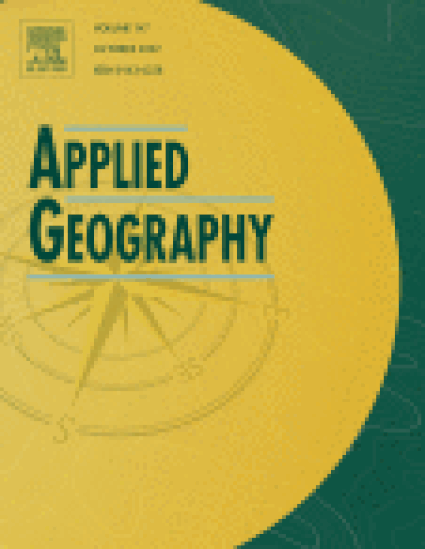
Article
Proof of concept study using GPS-based tracking data to build agent-based models of visitors’ off-trail behavior in nature-based tourism settings
Applied Geography
(2022)
Abstract
Spatial components of visitor behavior in nature-based tourism settings have the potential to influence both the biophysical environmental and recreational experience. Previous efforts to model visitor spatial behavior in these settings have largely been deterministic and probabilistic. Comparatively, agent-based models (ABM) are often considered a more accurate technique for representing complex human behaviors such as visitor use. A key challenge in the development of ABM in nature-based tourism settings has been the lack of detailed, individually-based, georeferenced data on visitors, especially in locations where visitors leave trails. This study is a proof of concept exercise using global position system (GPS) data, collected from visitors in Yosemite National Park, to develop an example ABM of visitor use. Results from this study demonstrate that it is feasible to use GPS tracking data to provide insight into the generation of agent rules, yet knowledge gaps remain for the further development of ABMsin nature-based tourism research.
Disciplines
Publication Date
2022
DOI
https://doi.org/10.1016/j.apgeog.2022.102771
Citation Information
Peter D Howe. "Proof of concept study using GPS-based tracking data to build agent-based models of visitors’ off-trail behavior in nature-based tourism settings" Applied Geography Vol. 147 (2022) p. 102771 Available at: http://works.bepress.com/peter_howe/107/
